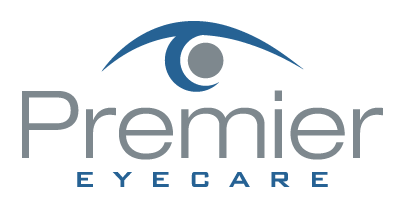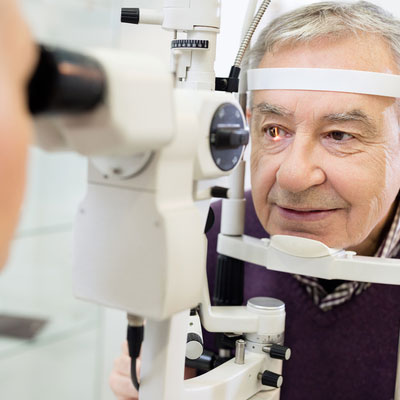Location & Hours
Get Directions11111 Kingston Pike
Knoxville, TN 37934
| Monday | 7:30 - 4:30 |
| Tuesday | 7:30 - 4:30 |
| Wednesday | 7:30 - 4:30 |
| Thursday | 9:00 - 6:00 |
| Friday | 7:30 - 1:00 |
| Saturday | Closed |
| Sunday | Closed |
- Written by Premier Eyecare

Eye doctors typically pride themselves on being able to improve someone’s vision through either glasses or contact lens prescriptions. Whether it’s a first-time glasses wearer, or someone having either a small or large change in their prescription, we like to aim for that goal of 20/20 vision.
Despite our best efforts, however, correcting vision to 20/20 is not always a positive outcome for the patient. Whether someone will be able to tolerate their new prescription is based on something...
Read more: Why am I having Difficulty Adjusting to My New Glasses?
- Written by Premier Eyecare

COULD YOU BE SUFFERING FROM DRY EYE DISEASE?
There are many symptoms associated with dry eye disease, some of which may not make sense.
Here are some of the most common symptoms of drye eye disease:
- Watery Eyes
- Burning Sensation in the Eyes
- Red Eyes
- Blurred Vision
- Feeling the Need to Blink
- Contact Lens Discomfort
Let's first look at the complaint of watery eyes. Why would your eyes water if your eyes are dry? Your body is actually responding to the dryness by producing more tears. Unfortunately, the type of tear that we produce as a response to dryness is a watery, flushing tear. If you have ever had something get in your eye, you most likely had an immediate response of watering of the eye. This is our body's way of protecting the eye and flushing out any foreign body that is present. This tear does not lubricate the ocular surface very well.
The eyes may also burn with dry eye disease due to the lipid breakdown occuring at the ocular surface. The tears are an emulsification of aqueous, lipids, and mucin. When the lipids break down in the tears, it produces a soap-like substance which will cause a burning and redness of the eyes. Lipids are important in the tear layer because they slow down the evaporation of the tears. When lipids break down, the tears evaporate quickly and the ocular surface is exposed to the atmosphere leading to dehydration of the outer cells of the cornea.
The cornea (front surface of the eye) needs to be covered by a smooth, complete tear film in order to have clear vision. If the tear film is deficient, blurred vision can occur.
Our eyelids are protective barriers for the front surface of the eyes. Our eyelid muscles are the fastest moving muscles in our bodies. If something moves towards your eyes, your eyelids will close in milliseconds. The eyelids are also there to produce and release lipids into the tear film through the meibomian glands. These glands run vertically throughout the eyelids and can sometimes get infected or clogged leading to a stye. Keeping the eyelid margins clean are very important for eye health and comfort and may prevent or limit your chances of getting a stye. The eyelids also spread out the tear film with every blink. When the ocular surface begins to dry with tear evaporation, the eyelids will blink involuntarily. If your eyes feel dry, you will feel the need to blink to replinish the tear film.
Dry eye disease is the leading cause of contact lens dropout. There are many factors that can lead to discomfort with contact lens wear. Wearing your contact lenses too long during any given day, wearing them all day and all night, or failing to replace them at the recommended intervals, will contribute to discomfort and possibly lead to eye infections. If you have dry eye disease, contact lenses will make you more aware of your symptoms. Some contact lenses are better choices for those with mild to moderate dry eye disease. In more severe cases of dry eye, we recommend discontinuing contact lens wear at least until the disease is under control.
If you think you may have dry eye disease, you owe it to yourself to seek treatment from an eye doctor. Make sure you discuss your symptoms with your doctor during your eye examination. Dry eye disease is treatable, but is chronic and can get worse without proper treatment.













